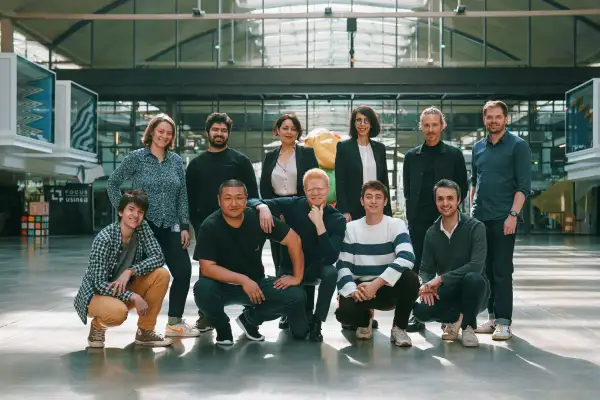Paris-based healthcare startup Biolevate, which leverages AI to accelerate innovations in drug discovery, personalized medicine, and regulatory data management, has raised €6 million in a seed funding round led by EQT Ventures. This funding will help Biolevate advance the development of its platform.
- Founded in 2023 by Joel Belafa and Nathan Chen, Biolevate uses AI to enhance R&D processes in drug discovery, personalized medicine, and regulatory data management.
- ELISE, Biolevate's AI platform, uses natural language processing (NLP) and visual document reading to manage unstructured healthcare data. It supports medical writers and researchers with features like metadata extraction, collaborative document editing with version control, and the integration of internal and external research for efficient, regulatory-compliant processes.
- Biolevate offers AI-driven solutions for the pharmaceutical, MedTech, and cosmetics industries:
- Pharmaceutical: Streamlines regulatory compliance, drug discovery, and clinical data management.
- MedTech: Supports product development and regulatory submissions while ensuring global compliance.
- Cosmetics: Optimizes ingredient tracking, regulatory reporting, and product development, ensuring accuracy, transparency, and efficiency.
Details of the deal
- The fresh capital was led by EQT Ventures, a Stockholm-based multi-stage VC fund with a portfolio of 91 startups, 204 investments, and 29 exits, including companies like Onramper, Luko, Siilo, and AirKit.
"At EQT Ventures, we believe that vertical software is having a renaissance. We are excited to see new cohorts of companies like Biolevate tackling markets that have historically been lagging in software adoption, and finally having their “why now” moment. If you are building in Vertical AI, reach out to us," EQT Ventures' team, commented.
- The seed round also received support from industry professionals, including Mehdi Ghissassi, head of product at DeepMind, and the co-founders of Zoi.
- Biolevate will use the €6 million seed funding to enhance its AI platform, ELISE, by improving key features, scaling the technology, and expanding its team to accelerate medical innovation and support researchers.




